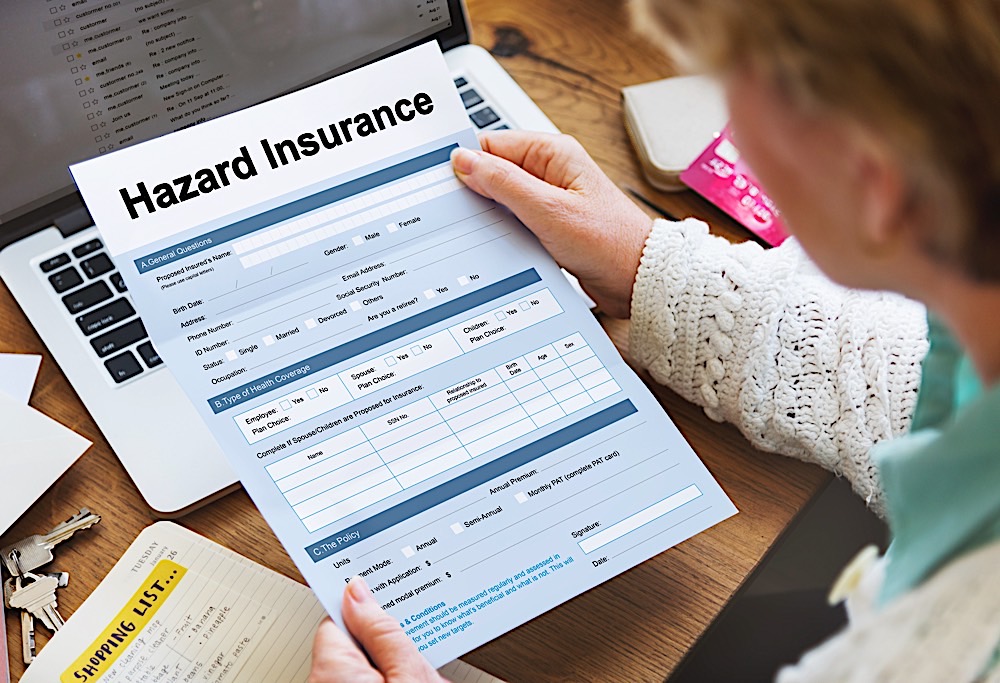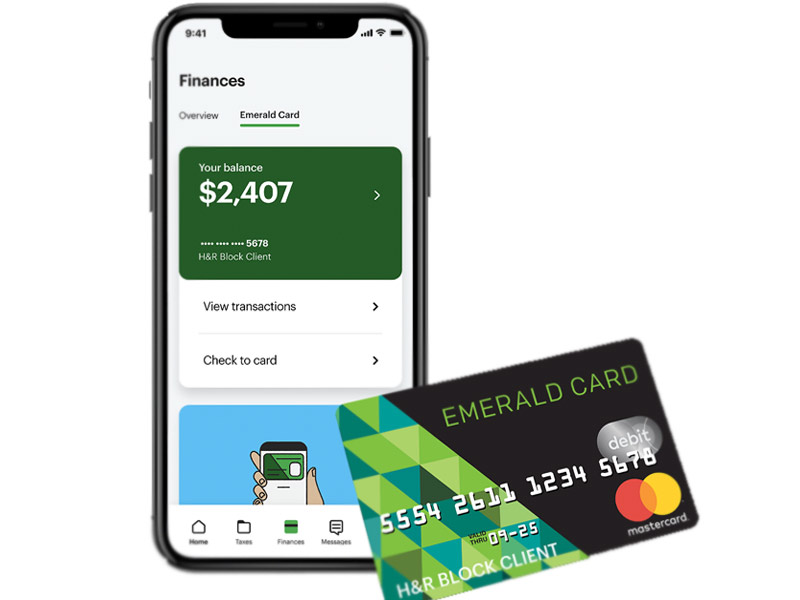Is there a grace period for health insurance after termination – Read everything about insurance grace period and Job termination below.
What Is an Insurance Grace Period?
A grace period in an insurance policy is a period of time during which you are still protected by your policy even if you haven’t paid your premium on time.
Let’s imagine you own a cleaning company and purchased commercial auto insurance for the van you use to transport your supplies. Every month on the 5th, you pay a premium. Your insurance company mailed you a bill, but it arrived late owing to a post office mix-up, so you paid on the 10th of the month instead.
Meanwhile, when you parked on an uphill on the 8th of the month, you failed to apply the parking brake. Before sliding into a ditch, your pickup rolled, damaging another vehicle. Your commercial auto insurance was meant to cover damage in situations like these in theory, but you hadn’t paid the premium on time. Is your insurance still valid?
The answer is contingent on whether or not your insurance coverage has a grace period, and if so, how long it lasts. A grace period might last anywhere from 24 hours to 30 days. You would still be covered if the grace period in your contract was at least 3 days.
In the sphere of health insurance, the grace period is frequently even longer – usually 90 days. If you are covered by your employer’s health insurance and quit your employment, there should be a 2-month insurance grace period after termination.
Is There A Grace Period For Health Insurance After Termination
Yes, There is often a grace period for health insurance after termination, although this clearly depends on your type of coverage, reason for termination, and your insurer.
How Long Will My Insurance Provide a Grace Period?
The length of a grace period is determined by a number of factors, the most important of which is the contract’s conditions. Some insurance policies do not have any kind of grace period. Car, health, life, and house insurance all have grace periods, but other types of insurance, such as business insurance, may also have them. A grace period is also required by state law for certain forms of insurance.
You’ll need to look over your insurance coverage to discover what kind of grace period it offers. Paying your premium during the grace period may result in penalties or additional fees.
Why is there a Grace Period?
The goal of a grace period is to allow insurance customers some wiggle room if they have missed a payment. Consider the following scenario:
- The customer forgets to make a timely payment.
- Due to a postal service issue, the bill arrives late.
- The customer is away on vacation and does not receive the bill in a timely manner.
- A bank error has caused the payment to be delayed.
- The client is having a difficult month and needs to postpone payment of the premium for a few days.
- Insurance companies are well aware that you pay your premiums with your hard-earned money each month, and they don’t want you to lose coverage due to a single blunder.
What Happens If I Don’t Pay My Insurance Bill Within the Grace Period?
Your insurance provider is likely to cancel your contract and your coverage will be cancelled if you are unable to make the payment even after the grace period.
You must avoid this circumstance at all costs. Not only will you lose your insurance coverage, but the fact that your contract was terminated due to non-payment may have an impact on the terms of future insurance policies. Another insurer may refuse to cover you, charge you more premiums, or refuse to provide you payment plans. When calculating your premiums, insurance companies may consider your credit score, thus missing a payment may reflect poorly on you in the future.
If you are unable to pay due to some other reasons such as quitting your job, or If it appears that you will be unable to pay before the grace period expires, contact your insurance agent as soon as possible. They might be able to assist you in coming up with a plan that allows you to keep your coverage.
Don’t Take The Chance
You should never rely on your insurance company’s generous, penalty-free grace period policy. Insurance exists to protect you and your company, and the grace period exists to offer you some wiggle room if you make a mistake. However, if you have a tendency of paying your premiums at the last minute, you will eventually pay too late. You never know when you’ll be in desperate need of that insurance. You’ve already spent a significant amount of money to ensure that your company is protected. It would be a pity to throw it all away.
How to Make Sure You Don’t Miss Your Premium Payment Deadline
You will never need to pay your premiums during the grace period if you pay on time. Here are a few pointers to assist you avoid late payments:
Maintain your organization. Make a note of the due dates for each payment in your calendar. You should keep thorough records to manage your costs and income anyway, but pay extra attention to monthly expenses that must be paid, and set aside time each month to pay your bills.
You can pay with a credit card or an electronic transfer. There’s no need to put your fate in the hands of an unreliable postal service in today’s environment. Pay with a credit card or an electronic transfer. You shouldn’t rely on checks issued in the mail.
Set up recurring payments. Set up an automated transfer or payment if possible so you don’t have to remember to pay the charge every month. Just make sure you have enough money in the bank before sending the payment.



